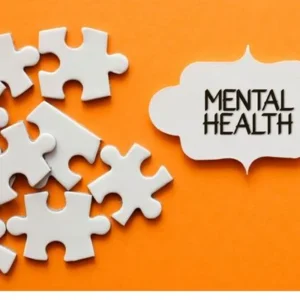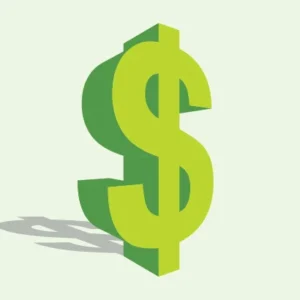The World Health Organization (WHO) is set to launch the Traditional Medicine Global Library (TMGL) in December 2025 at the WHO Global Summit on Traditional Medicine in New Delhi, India. This initiative will serve as the world’s most comprehensive digital repository for traditional, complementary, and integrative medicine, aiming to preserve and share diverse knowledge while promoting equitable access for global learning and decision-making. The library aligns with the WHO Global Traditional Medicine Strategy 2025–2034, emphasizing a strong evidence base, context-sensitive research, and respect for Indigenous knowledge systems.
Traditional medicine is widely used, with 170 WHO Member States reporting some form of practice, yet it has often been underrepresented in scientific and policy discussions. The TMGL addresses this gap by compiling information from multiple knowledge bases worldwide, supporting policymakers, researchers, and healthcare professionals in integrating traditional medicine into modern health systems.
By mid-2025, the TMGL had already integrated over 1.5 million records, including evidence maps, journals, multimedia collections, and regulatory documents. The library includes six regional portals and 194 country-specific pages, offering curated content for thematic areas such as traditional midwifery, Ayurveda, anthroposophical medicine, integrative oncology, and integrative paediatrics. The first thematic page, developed in partnership with the Government of Canada and PAHO, highlights traditional midwifery in the Americas, featuring multimedia testimonies from Afro-descendant and Indigenous midwives and supporting regional policy frameworks.
The TMGL also features a growing collection of Evidence Maps, including topics like “Interculturality in Health” and “Meditation and Mindfulness-Based Interventions for Clinical and Health Conditions,” with additional maps on Ayurveda and yoga planned for future inclusion. Country pages are expanding to cover broader content, including folk medicine in Brazil, serving as comprehensive hubs with regulations, databases, podcasts, and multimedia resources.
Integrated into Hinari, one of the world’s largest biomedical and health literature collections on the Research4Life platform, the TMGL will provide free or low-cost access to institutions in low- and middle-income countries. Additionally, a new version of the Traditional Medicine Research Analytics platform is in development, enabling deeper insights into global and regional scientific trends. These initiatives collectively strengthen WHO’s commitment to making traditional, complementary, and integrative health knowledge more accessible, interconnected, and impactful for communities, researchers, and policymakers worldwide.






